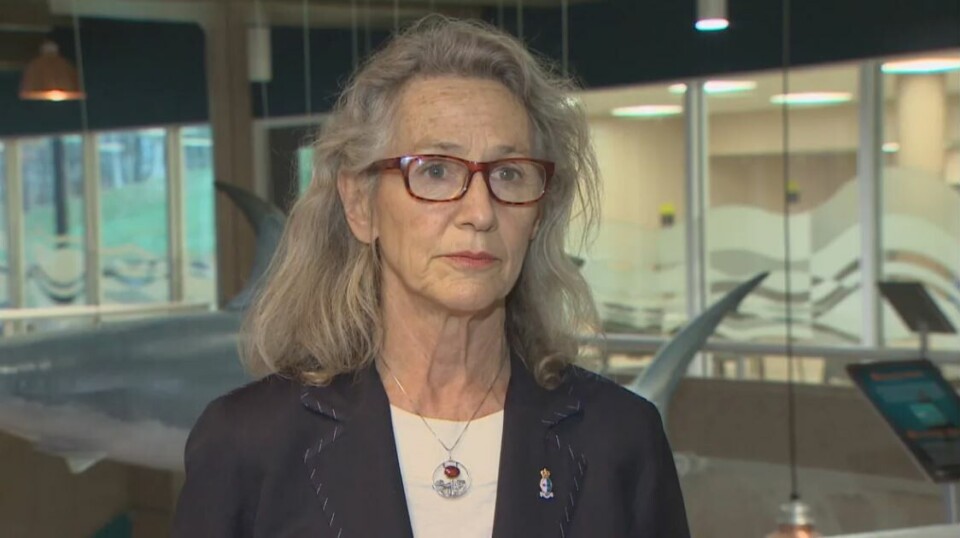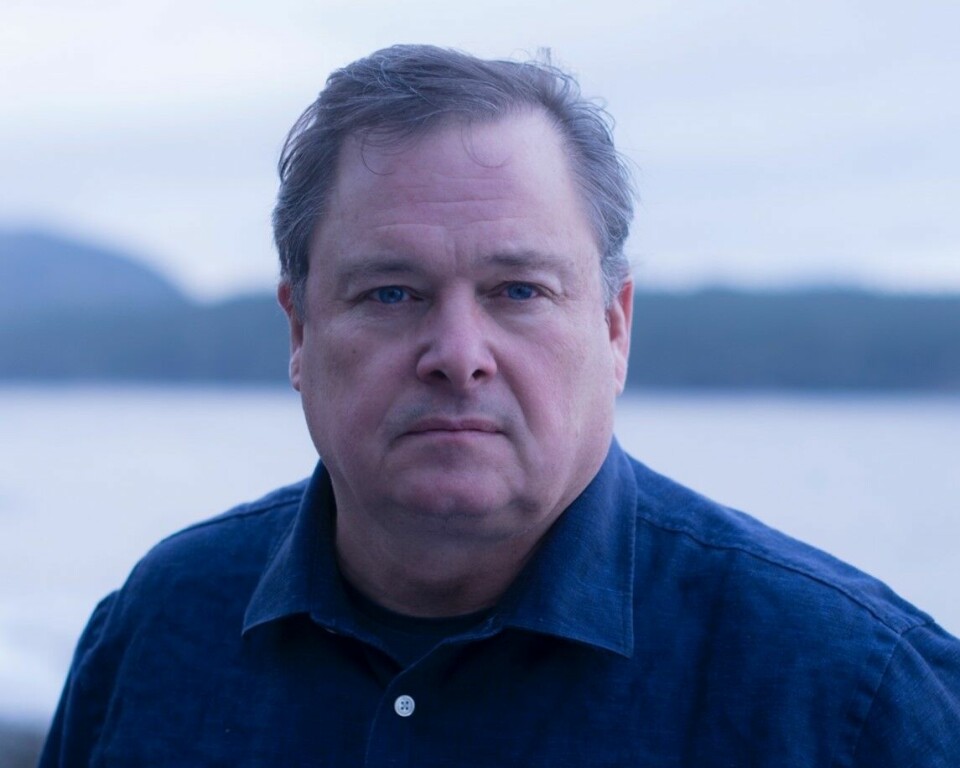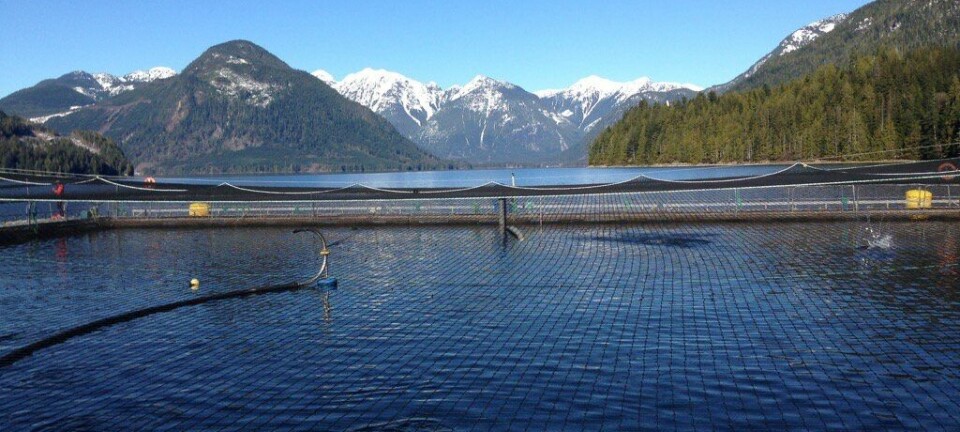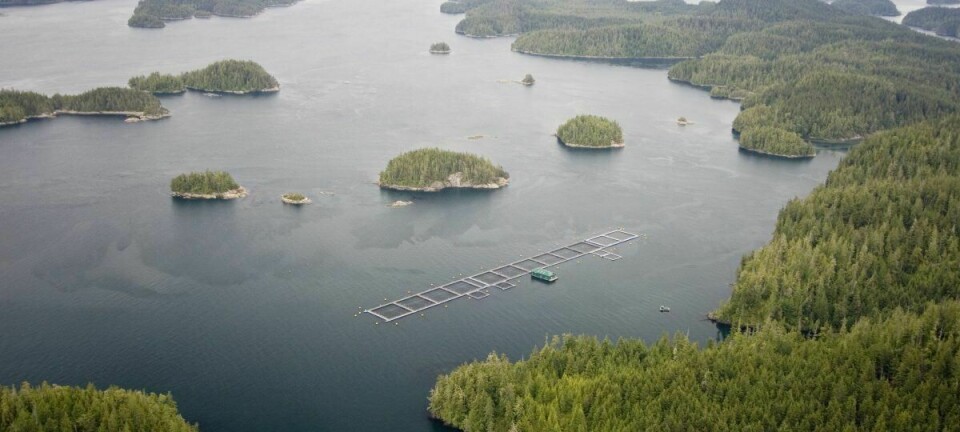
Canada’s fisheries minister ‘may kill BC salmon sector’
Fish farmers warn that more site closures being considered by Murray could make the industry unviable in province
Canada’s fisheries minister Joyce Murray is planning to close more salmon farms in British Columbia in a move that could lead to the death of the sector in the province, salmon farmers have claimed.
The government announced the closure of 19 farms in the Discovery Islands in December 2020, and other farms operated in areas where the local First Nation objected to them have also been shut. The BC Salmon Farmers’ Association (BCSFA) said 40% of farms have been closed since 2020.
In June last year, Murray renewed the licences for 79 farms that remained in BC, but only for two years.
Fish Farming Expert understands Murray may be planning to close half of those farms as part of the federal government’s plan to transition from open net pen salmon farming in BC. A Transition Framework is due to be announced by Murray soon, although both farming companies and First Nations who rely on the sector for work and income say a consultation process about the framework was flawed and too short.

A decision like this will result in the loss of thousands of jobs, trample Indigenous Rights ... and is not based on any credible science
BCSFA executive director
Brian Kingzett
The BCSFA said it learned this week that Murray is proposing the further removal of salmon farms in BC. It added that any reduction in salmon production could signal the end of farming in the province and put thousands of people out of work.
Job losses
“A decision like this will result in the loss of thousands of jobs, trample Indigenous Rights, and leave businesses who support the industry scrambling to survive,” said BCSFA executive director Brian Kingzett.
“This decision is not based on any credible science, including the Department of Fisheries and Ocean’s own peer-reviewed studies, and is not supported by the many First Nations who want to continue salmon farming in their waters.
“The closure of salmon farming will decrease Canada’s local food supply, forcing Canada to import salmon from other countries to meet the needs of Canadian consumers at a significant price increase. The plan will also take away the ability of BC’s rural, coastal communities to participate in Canada’s Blue Economy.”
Flawed from the start
The BCSFA said any transition plan that does not consider the socio-economic impacts on the communities that rely on salmon farming, the sector’s contribution to the Blue Economy, climate change, and food security will fail.
“The entire Transition framework engagement process has been flawed from the start,” said Kingzett. “Minister Murray has not followed her own engagement plan, and we have constantly seen shifting deadlines and goalposts affecting the ability of participants to engage effectively, including the First Nations and salmon farming organisations. In addition, we have had to deal with constantly changing processes, deliverables, and extremely challenging deadlines. How do you achieve success when the Minister keeps changing the rules and timelines?
“Any proposed further reduction, which some may claim is a reasonable compromise, could signal the closure of the entire sector; a sector which has seen recent closures of 40% of its production since 2020. This approach is anything but responsible.”
The BCSFA is calling on the federal government to bring what it calls “a more rational approach to a chaotic process and include other ministers in providing leadership to develop a reasonable path forward”.

























































